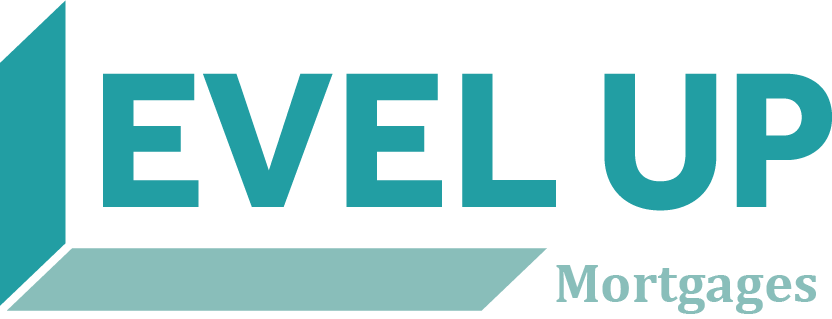Understanding Credit Score vs. Credit Rating
Credit Score vs. Credit Rating
The terms credit score and credit rating are more or less used interchangeably in casual conversation, but there is a difference. A credit score ranges from 300 to 900. Nine indicates the highest risk for payment default, while a credit rating is one to nine and is specific to individual accounts or tradelines that appear on a credit report.
What Is Credit Score?
A number that is derived from the information in your credit report. The number is calculated based on mathematical algorithms created by the Fair Isaac Corporation, or FICO.
Many lenders and credit card issuers use the FICO score to make lending decisions. A high credit score indicates a low credit risk, while a low score suggests the opposite.
What Is Credit Rating?
A number assigned to an open tradeline, such as a credit card account. A credit rating can vary from one to nine, with one indicating the highest risk for repayment and nine indicating the lowest risk. The score is calculated from the amount you initially borrowed, how you repaid it, the length of time that has passed since the negative information was reported, and the amount currently owed.
How Is Credit Score Calculated?
Credit scores are calculated using multiple pieces of data from your credit report, which comprises multiple sources. It’s important to understand that there are two credit bureaus and multiple third-party score providers, so each has different models. That being said, we do know that five main factors affect your credit score:
Payment History
Paying on time is the single most significant factor in your credit score. Payment history is 35 percent of your FICO score, making it an essential factor. Late or missed payments, or a high level of debt compared to your available credit limit, can make your score drop.
Amounts Owed
Having a high level of outstanding debt is associated with greater credit risk. The greater your outstanding debt than your available credit limit, the more likely you default. You should try to keep your debt to less than 30% of your available credit limit. This portion is 30 percent of your FICO score.
Length of Credit History
Your credit report shows how long you have been borrowing and repaying debts. The longer you have a credit account, the better. A more extended credit history increases your score. This factor is 15 percent of your score.
New Credit
If you have recently applied for a lot of new credit, lenders may be concerned that you may overextend yourself. This will lower your score. New credit is 10 percent of your score.
Public Records
This includes bankruptcies, collections, foreclosures, and tax liens. Consumers can still buy a house or open a new credit card account even if they have a negative tradeline on their credit report. Still, if any of your public records, or elements in your credit report, are negative, this will lower your score. These factors, otherwise known as derogatory items, are five percent of your score.
THE BOTTOM LINE
A credit score is a number calculated based on your credit report, which records your borrowing and repaying history. Creditors use a credit score to predict whether or not you can pay back a future loan. A higher score will mean a lower interest rate.
Key point: Even if you have a great credit score but you have some credit ratings in the 8 or 9's, this can result in a lender rejection. Make sure you have nothing in collections even if it's a small cell phone bill.
Level Up Mortgages simplifies the mortgage journey for new buyers, newcomers and the self-employed. If you don’t know where to start or what to do next and want to speak with someone–you can get your questions answered on a call. If you have shopped around but aren’t satisfied and want a rate quote and some costs scenarios broken down, you can apply and get your results emailed to you in under one minute. If you are a first-time home buyer in Canada, get in touch with us! See what you qualify for and contact Paul to get your pre-approval.
See what you qualify for or contact Paul to get your pre-approval.
Paul Davidescu (www.levelupmortgages.com)
Level Up Mortgages
604-809-3188
paul(at)levelupmortgages.com
See Our Google Reviews in BC & Ontario: bit.ly/GoogleReviewLUM ⭐️⭐️⭐️⭐️⭐️

